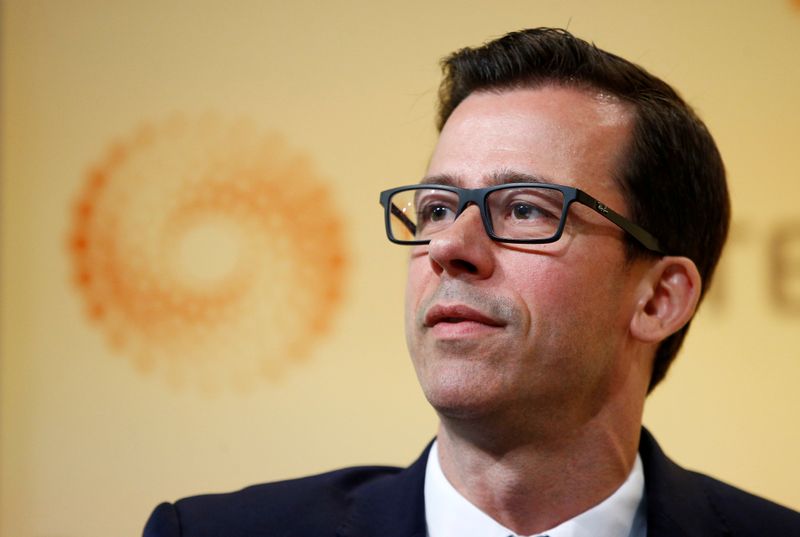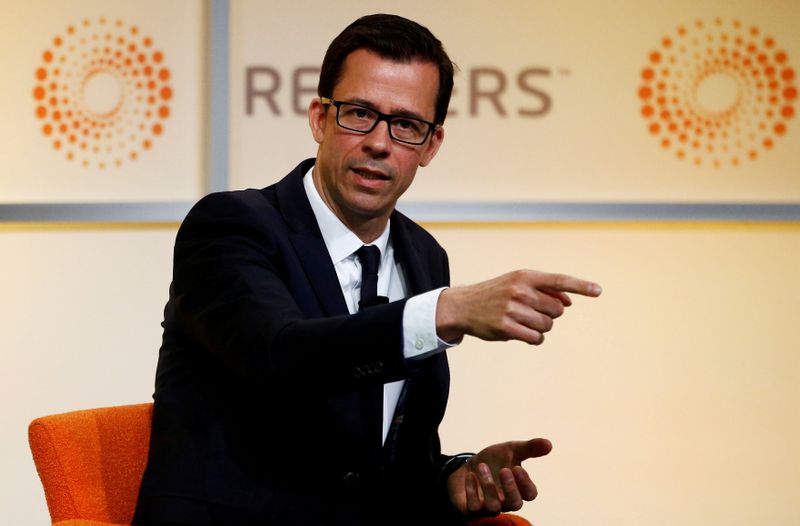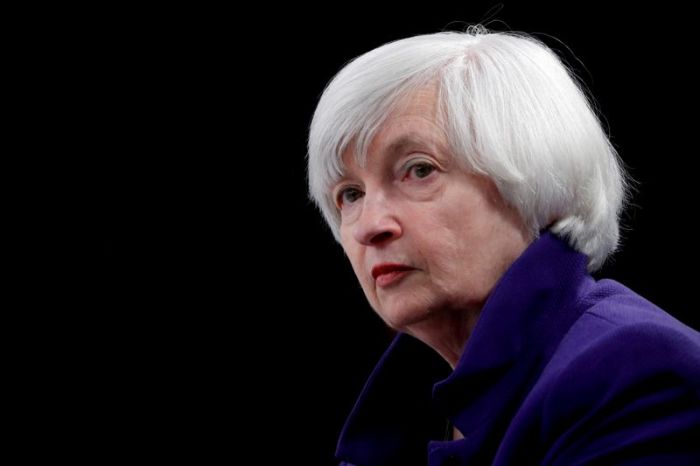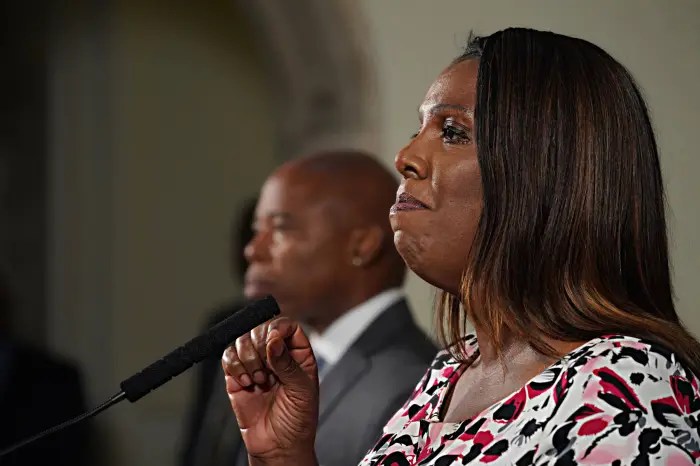LONDON (Reuters) – Bank of England policymaker Gertjan Vlieghe said on Monday that he did not expect British interest rates to return to levels common before the 2008 financial crisis during his lifetime, due partly to the effect of an ageing population.
Vlieghe, 49, said longer life expectancies and more time spent in retirement had boosted demand for safe retirement assets, pushing down long-run interest rates across developed economies including Britain.
Asked by students at Durham University when interest rates might return to the level of 4% to 5% common before the financial crisis, Vlieghe replied: “Maybe not in my lifetime.”
“Actually if you look at very long run data on interest rates, it’s the 1970s and 1980s that were unusual decades. Interest rates were unusually high then,” he added.
Bank of England officials have talked before of the long-run downward pressure on interest rates, but rarely look as far forward into the future as Vlieghe did.
The yields on 30-year British government bonds – a rough proxy for financial markets’ expectation of average interest rates – are just over 1%.
“I think one of the really big drivers of that is demographics,” he said. “It doesn’t mean that interest rates don’t go up from current levels. It just means that when they go up, they don’t go back to 4 or 5%.
The BoE’s main interest rate is 0.1%, compared with 5.75% on the eve of the 2007-08 financial crisis.
In the nearer term, Vlieghe said the BoE should cut interest rates below zero later this year if there was persistent slack in the labour market, delivering remarks which the BoE first published in written format on Friday.
Speaking afterwards, Vlieghe said he did not think Britain’s banks differed enough from those in parts of Europe where rates are below zero to stop encouraging lessons being drawn.
Some opponents of negative interest rates say British banks rely much more heavily on customer deposits than their European counterparts, making it less likely that they would be able to cut interest rates for borrowers.
Vlieghe said he did not think the difference was large, and that there would be a countervailing effect from the greater role exchange rates and asset prices play in Britain, referring to a speech by BoE policymaker Silvana Tenreyro.
(Reporting by David Milliken; Editing by Chizu Nomiyama and Alison Williams)























